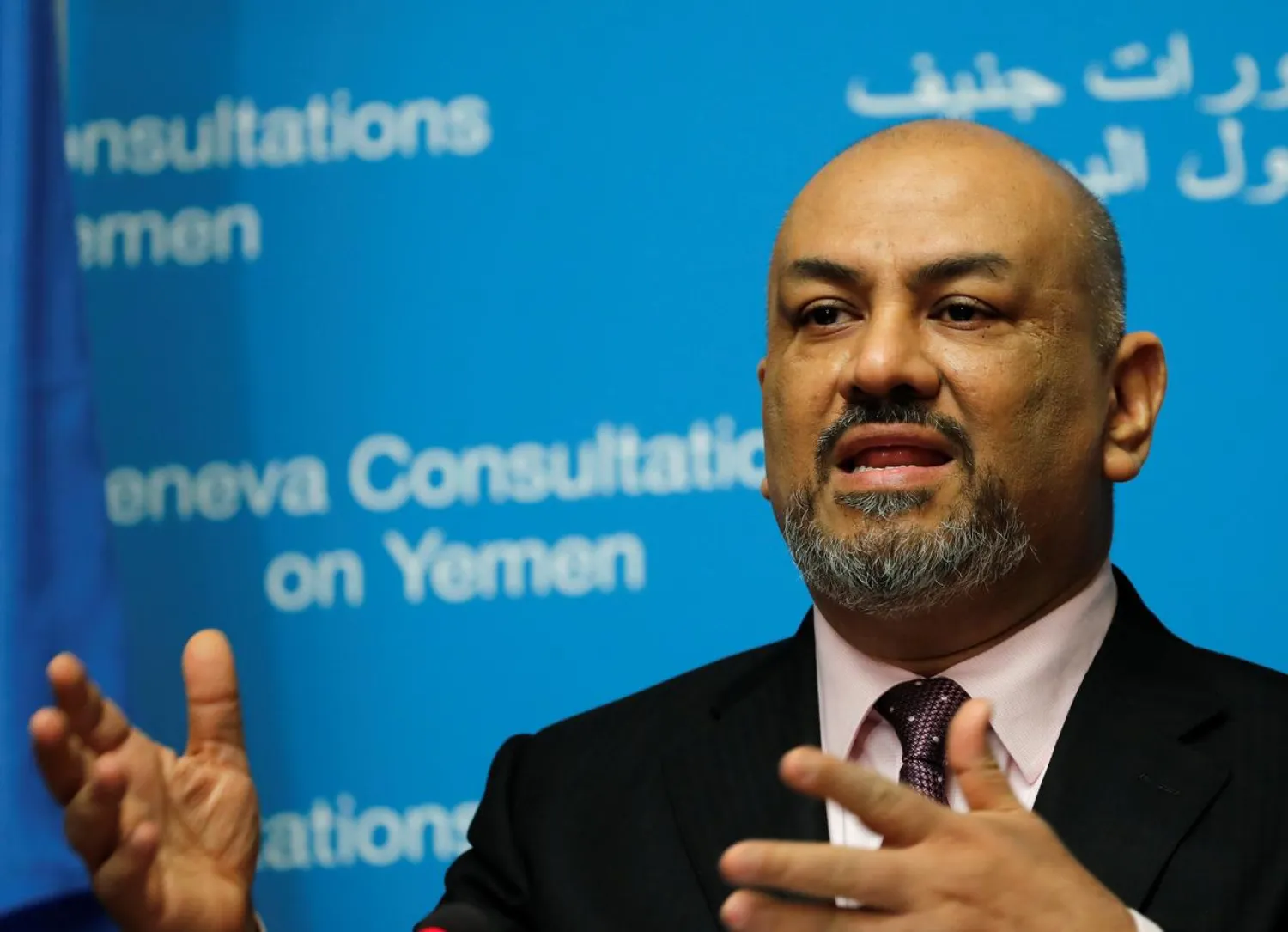Yemeni Foreign Minister Khaled al-Yamani called on European countries to exert pressure on Iran in order to stop its support for the Houthi militias.
He explained that Iran provides the group with all the tools to continue its war in Yemen, drain its strength in a battle that will not benefit any party, and pose a threat to security and peace in the vital Gulf of Aden and Red Sea areas.
In exclusive remarks to Asharq Al-Awsat on the sidelines of his participation in Arab-EU summit that was held in Sharm el-Sheikh, Yamani stressed that all that is required is putting an end to Iran's intervention in his country and its support for terrorism in the region.
Commenting on the summit, he said: “Europe and Arabs have many things in common, mainly confronting challenges, especially in the fight against terrorism, illegal migration and refugees, in addition to contributing in solving the current regional complexities.”
He explained that western countries were the reason behind the eruption of the so-called Arab Spring and the tragedies facing the region today, calling for “taking stances against Iran, which is fueling all the conflicts and wars through its meddling in Arab affairs, especially Yemen.”
“We want to look for the common denominator between us and Europeans,” Yamani added.
“There is an urgent need to agree on this commonality, as demonstrated in the meeting that took place with Europe in Warsaw at the invitation of the Polish and US governments, to confirm that we are seeking this partnership with our European friends because the Iranian policy does not only target the Arab region, but also Europe.”
Yamani pointed out that many Iran-affiliated terror cells have been discovered in Europe, including France and Belgium.
“We must work with friends to rein in Iran, but unfortunately Europe refused to include the Iranian interference in the final communique” of the Sharm el-Sheikh summit.
Asked whether the rejection was due to their concerns about Iran's nuclear program, the minister replied that his country understands this position, but he warned Europe that “Iran has developed its nuclear weapon and its ballistic missiles have a range of 2,500 kilometers.”
“What will happen when Iran develops rockets that can reach European capitals? Will they also wait?” he wondered.
Yamani revealed that Europe has finally started to put pressure on Iran by addressing its ballistic missiles file, while also noting a European Union statement on Tehran’s expansionist agenda.









